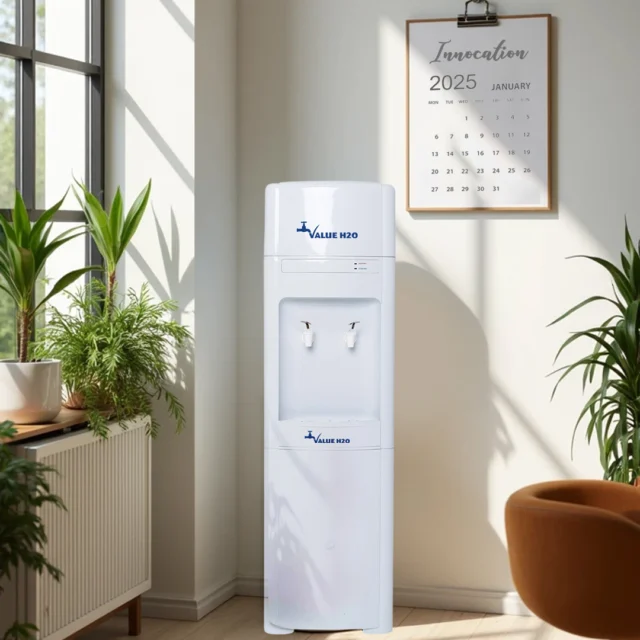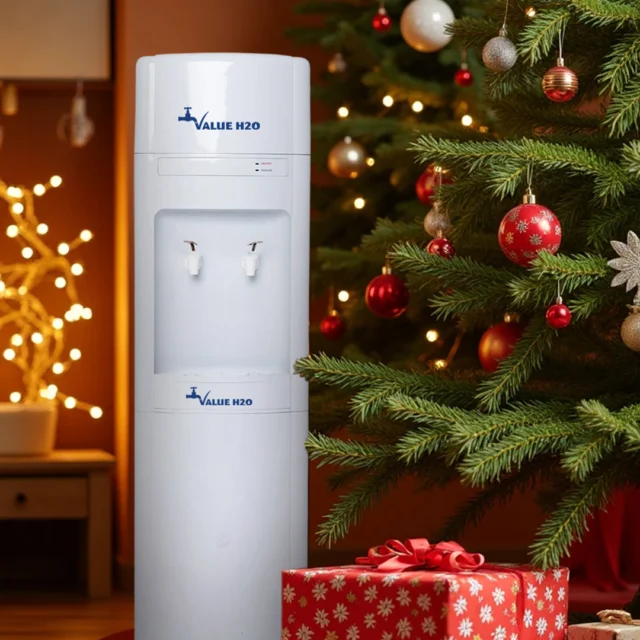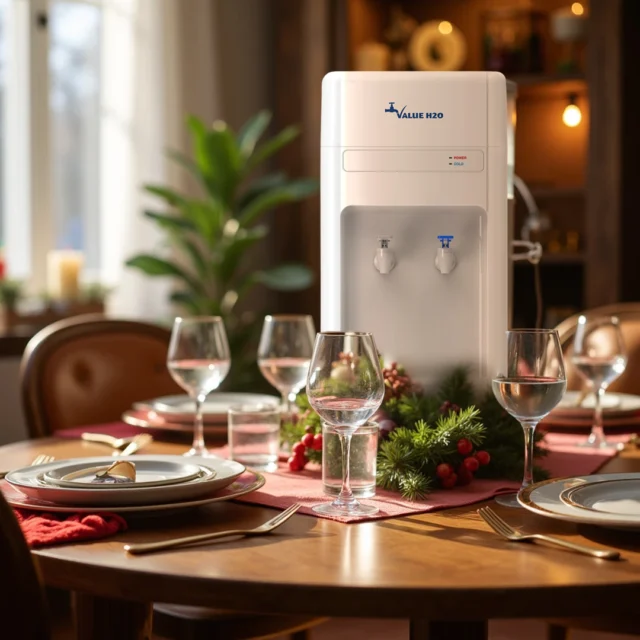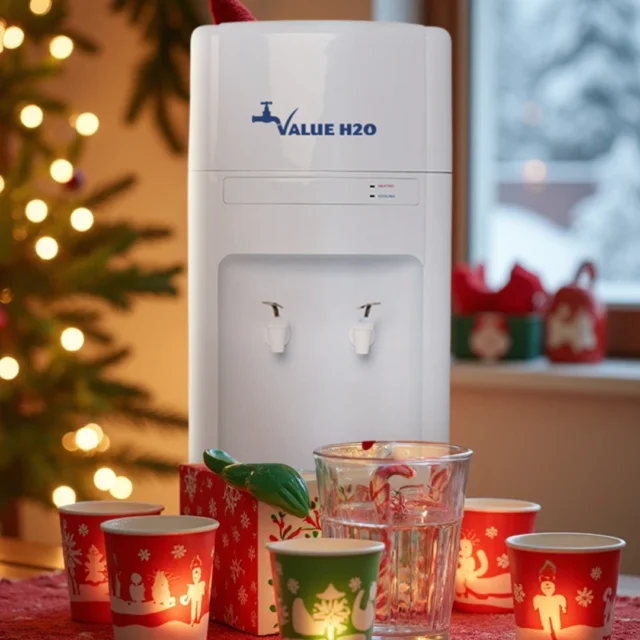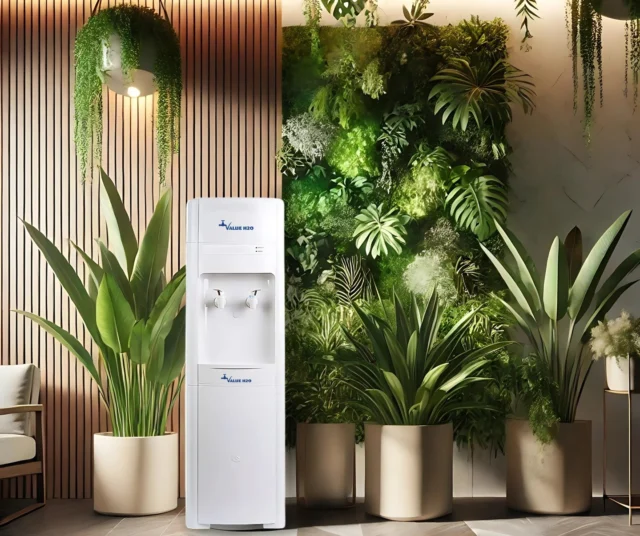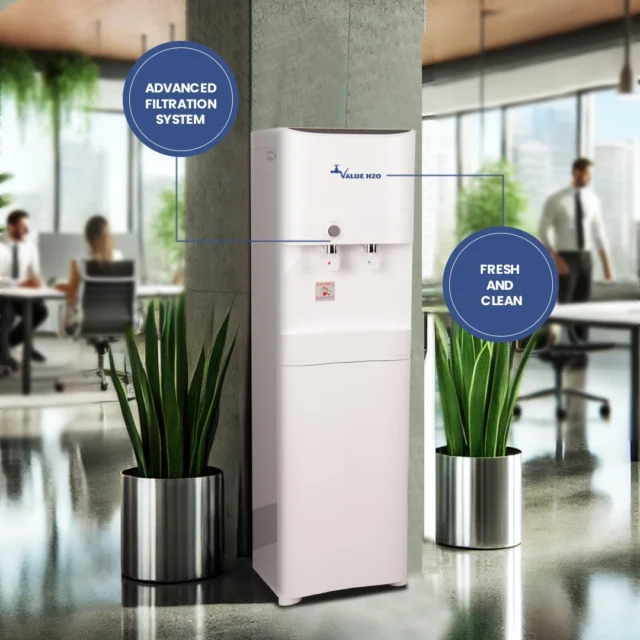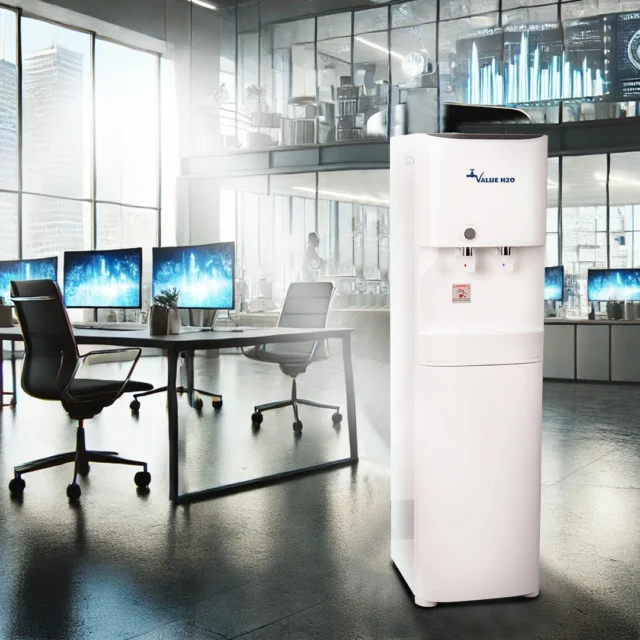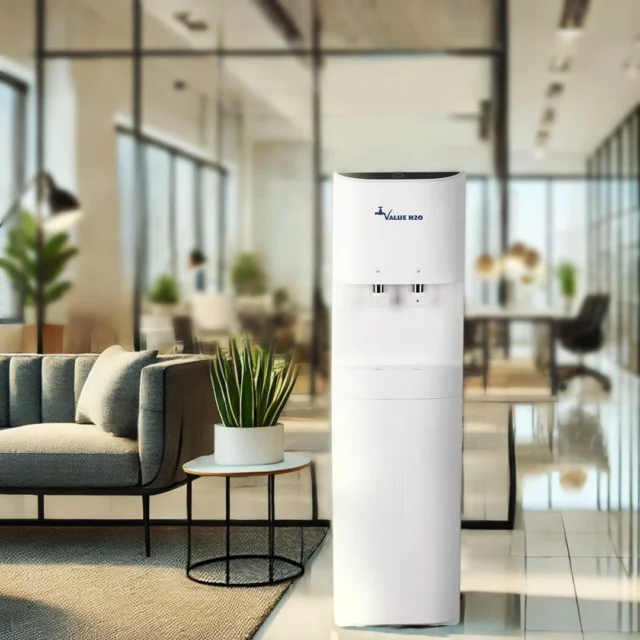Australia is facing a significant challenge: reducing plastic pollution and its devastating impact on the environment. With millions of tonnes of plastic waste ending up in landfills and oceans every year, the call for sustainable solutions has never been louder. Among the many initiatives aimed at tackling this crisis, water coolers stand out as a simple yet effective way to reduce single-use plastic waste, particularly from single use plastic bottles. By encouraging the use of refillable bottles and offering an alternative to bottled water, water coolers are playing a key role in Australia’s fight against plastic pollution.
The Single Use Plastic Bottles Pollution Problem in Australia
Australia produces over 2.5 million tonnes of plastic waste annually, with only a small percentage being recycled. The rest ends up in landfills or the natural environment, where it poses a threat to wildlife and ecosystems. Single-use plastic water bottles are a significant contributor to this waste, with millions discarded every day. These bottles take hundreds of years to break down and release harmful microplastics into the environment.
A built-in water filter in water coolers can provide clean water without the need for single-use plastic bottles, reducing plastic waste and improving water quality by removing bacteria and impurities.
The solution? Reducing reliance on single-use plastics and adopting sustainable alternatives like bottleless water coolers.
How Water Dispensers Help Reduce Plastic Waste
- Encouraging Refillable BottlesWater coolers and water dispensers promote the use of reusable bottles, cutting down the demand for single-use plastics. Employees and customers can easily refill their bottles, significantly reducing plastic waste.
- Eliminating Bottled Water DeliveriesBottleless water coolers, which connect directly to the mains water supply, eliminate the need for bottled water deliveries. This reduces the production and transportation emissions associated with bottled water.
- Supporting Recycling EffortsFor workplaces still transitioning to more sustainable practices, water coolers can act as central hydration points, reducing reliance on vending machines stocked with plastic bottles. This supports broader recycling and waste reduction goals.
Benefits of Water Coolers in Tackling Plastic Pollution
- Environmental Impact By reducing the use of plastic bottles, water coolers help decrease plastic pollution, conserving resources and protecting ecosystems. Additionally, water coolers provide awesome water with superior quality and filtration, ensuring clean and healthy water for various consumption needs.
- Cost Savings Eliminating bottled water purchases saves money for businesses and households, while also reducing waste management costs.
- Improved Sustainability Installing energy-efficient and bottleless water coolers aligns with sustainability goals, demonstrating a commitment to environmental responsibility.
- Promoting Awareness Placing water coolers in prominent locations encourages conversations about sustainability and the importance of reducing plastic waste.
Types of Water Coolers
Water coolers come in various types to cater to different needs and preferences. Here are some of the most common types of water coolers:
- Bottled Water Coolers: Ideal for small offices or homes, bottled water coolers use bottled water as the source of drinking water. They are perfect for locations where a plumbed-in water cooler is not feasible, offering a convenient way to enjoy refreshing water without the need for installation.
- Plumbed-in Water Coolers: These coolers connect directly to the building’s water supply, providing a constant flow of fresh, filtered water. They are perfect for large offices, schools, and institutions with high water consumption, ensuring a steady supply of clean, cool water without the hassle of replacing bottles.
- Countertop Water Coolers: Compact and efficient, countertop water coolers can be placed on a countertop, making them ideal for small spaces. They are often used in homes, offices, and cafes, providing easy access to chilled water without taking up much room.
- Floor-Standing Water Coolers: Freestanding and versatile, floor-standing water coolers can be placed in a corner or against a wall. They are often used in offices, schools, and institutions where a plumbed-in water cooler is not feasible, offering a practical solution for high-traffic areas.
- Hot and Cold Water Coolers: These coolers provide both hot and cold water, making them ideal for offices, schools, and institutions where hot water is required for tea, coffee, or instant soups. With the convenience of hot and cold water at your fingertips, these coolers cater to a variety of hydration needs.
Australia’s Initiatives to Combat Plastic Pollution
Australia has introduced several measures to address plastic pollution, including bans on single-use plastics like straws and cutlery and increased investment in recycling programs. As a leading water cooler supplier, we provide sustainable hydration solutions that complement these efforts. Water coolers complement these efforts by providing a sustainable alternative to bottled water, helping to shift consumer behaviour and reduce plastic dependency.
Choosing the Right Water Cooler for Sustainability
When selecting a water cooler to support your sustainability goals, consider the following features:
- Bottleless DesignOpt for coolers that connect directly to the mains water supply to eliminate the need for plastic bottles.
- Advanced FiltrationEnsure the cooler provides clean, great-tasting water with high-quality filtration systems.
- Energy EfficiencyLook for models with eco-friendly settings to minimise energy consumption.
- Touchless OptionsChoose touchless water coolers to enhance hygiene while supporting sustainability.
- Water BubblersConsider water bubblers for their practical and stylish designs, suitable for various environments such as offices and public settings. They promote healthy hydration habits while being hygienic and environmentally friendly.
Accessories for Your Water Cooler
To enhance the functionality and convenience of your water cooler, consider the following accessories:
- Water Filters: Regularly replacing water filters ensures that your water cooler provides clean, fresh water. High-quality water filters are essential for maintaining water quality and ensuring that every sip is as refreshing as the last.
- Water Cooler Cleaning Kits: Regular cleaning of your water cooler is essential to prevent bacterial growth and maintain water quality. A cleaning kit can help you keep your water cooler clean and hygienic, ensuring that you always have access to safe drinking water.
- Water Cooler Stands: A water cooler stand can help you save space and keep your water cooler stable. Look for stands that are compatible with your water cooler model to ensure a secure fit and optimal functionality.
- Cups and Lids: Providing cups and lids for your water cooler can encourage users to drink more water and reduce waste. Opt for eco-friendly options to minimize your environmental impact while promoting hydration.
- Water Cooler Maintenance Contracts: Consider investing in a maintenance contract to ensure that your water cooler is regularly serviced and maintained. This can help extend the lifespan of your water cooler and ensure optimal performance, providing peace of mind and consistent water quality.
Industries That Can Benefit from Water Coolers
Water coolers can benefit various industries by providing employees, customers, and clients with access to fresh, clean drinking water. Here are some industries that can benefit from water coolers:
- Offices: Water coolers can help improve office morale and productivity by providing employees with a convenient and healthy way to stay hydrated. Access to cool water can boost energy levels and concentration, making for a more efficient workplace.
- Schools and Universities: Water coolers can help promote healthy habits among students and staff by providing access to fresh, clean drinking water. Staying hydrated is crucial for cognitive function and overall well-being, making water coolers a valuable addition to educational institutions.
- Healthcare: Water coolers can help healthcare institutions provide patients and staff with access to clean drinking water, which is essential for health and well-being. Hydration is a key component of patient care, and water coolers ensure that fresh water is always available.
- Gyms and Fitness Centers: Water coolers can help gym-goers and fitness enthusiasts stay hydrated during their workouts, improving performance and reducing the risk of dehydration. Access to cool, refreshing water can enhance the overall workout experience and support fitness goals.
- Hotels and Restaurants: Water coolers can help hotels and restaurants provide guests and customers with a convenient and healthy way to stay hydrated, improving their overall experience. Offering fresh water can enhance customer satisfaction and demonstrate a commitment to health and sustainability.
By incorporating these new sections, the article will provide a comprehensive overview of the benefits and applications of water coolers, reinforcing their role in reducing plastic pollution and promoting sustainable hydration.
Value H2O: Leading the Way in Sustainable Hydration
At Value H2O, we’re proud to support Australia’s fight against plastic pollution as a leading water cooler supplier with our range of bottleless water coolers. Our energy-efficient systems provide clean, filtered water while helping businesses and households reduce their environmental impact. With flexible rental options and expert servicing, we make sustainable hydration accessible to everyone.
Conclusion: A Simple Step Toward a Greener Future
Water coolers offer a practical and impactful solution to Australia’s plastic pollution crisis. By choosing a water cooler over bottled water, you’re not just making a choice for convenience—you’re contributing to a more sustainable future. Water dispensers, including instant hot water dispensers and hands-free options, play a crucial role in promoting sustainability by reducing single-use plastic bottles and enhancing workplace hygiene. Join Value H2O in supporting Australia’s fight against plastic pollution, one refill at a time.
FAQs Answered:
How do water coolers reduce plastic pollution?
Water coolers reduce plastic pollution by encouraging the use of refillable bottles, eliminating the need for single-use plastic bottles. Bottleless water coolers, in particular, connect directly to the mains water supply, providing unlimited clean water without generating plastic waste.
Are bottleless water coolers better for the environment?
Yes, bottleless water coolers are significantly better for the environment. They reduce the carbon emissions associated with producing and transporting bottled water and eliminate the waste generated by disposable plastic bottles.
What makes water coolers a sustainable choice?
Water coolers are sustainable because they provide a long-term hydration solution that minimises waste and energy consumption. Advanced filtration systems ensure clean water without the environmental impact of bottled water, and energy-efficient designs further enhance their eco-friendliness.
How can water coolers support Australia’s plastic ban initiatives?
Water coolers align with Australia’s plastic ban initiatives by reducing the reliance on single-use plastic bottles. They provide an alternative that supports both hydration needs and environmental goals, helping workplaces and households transition to more sustainable practices.
What are the cost benefits of switching to water coolers?
Switching to water coolers eliminates the recurring expense of bottled water purchases and reduces waste management costs. Over time, the cost savings can be substantial, especially for businesses that rely on high volumes of bottled water.
